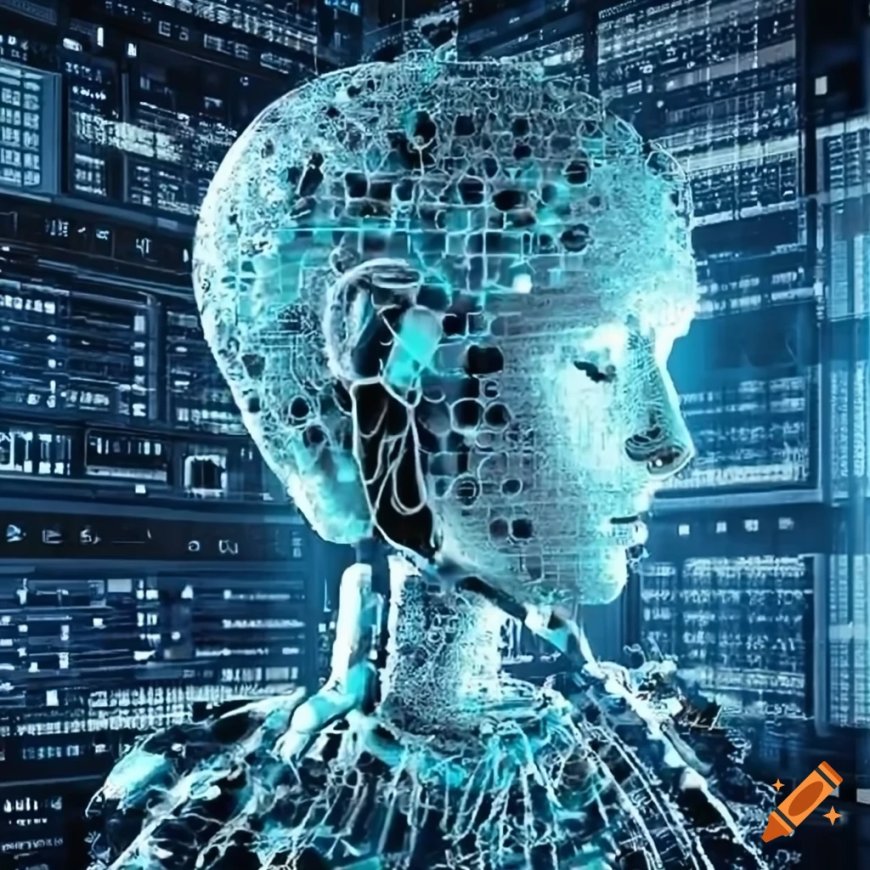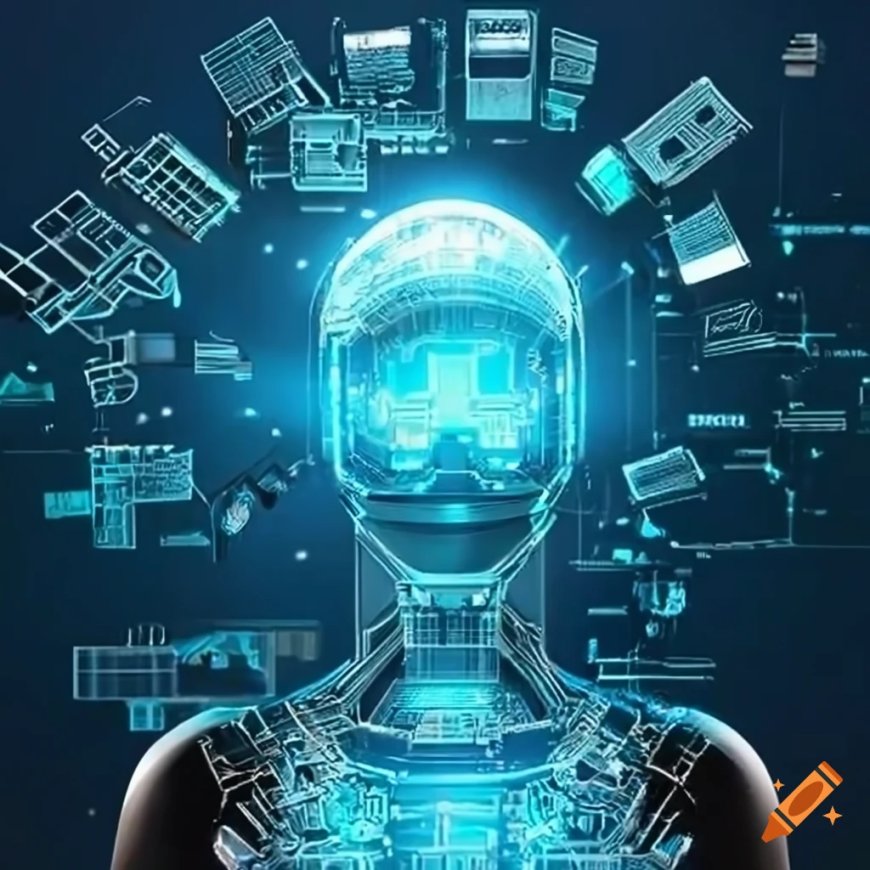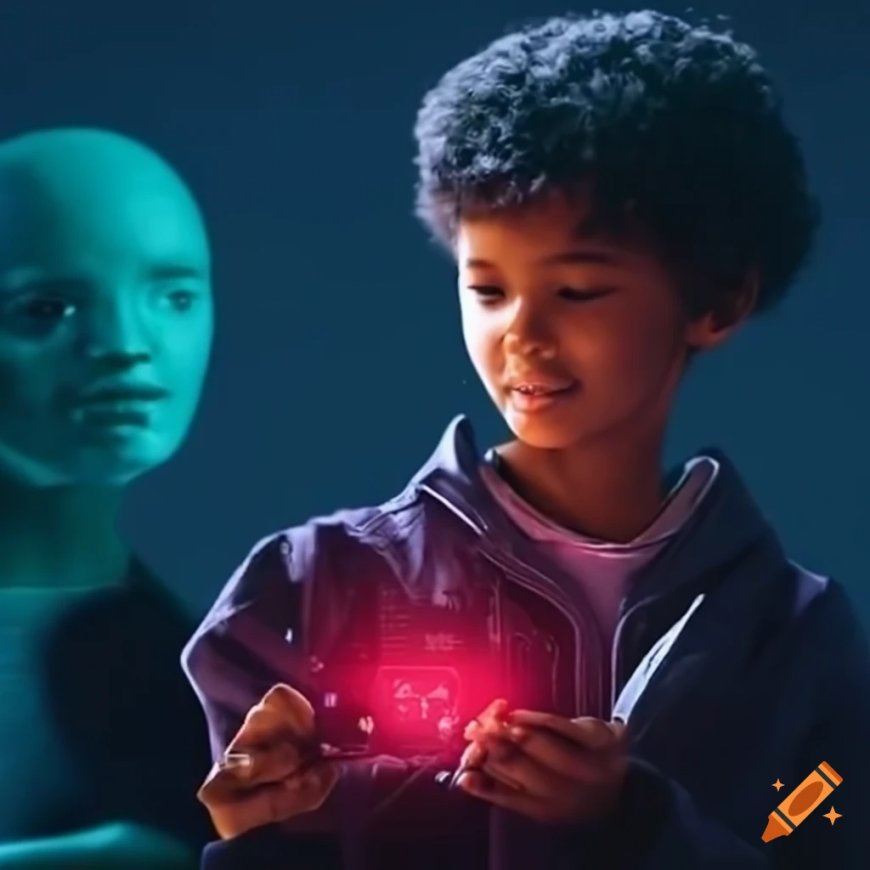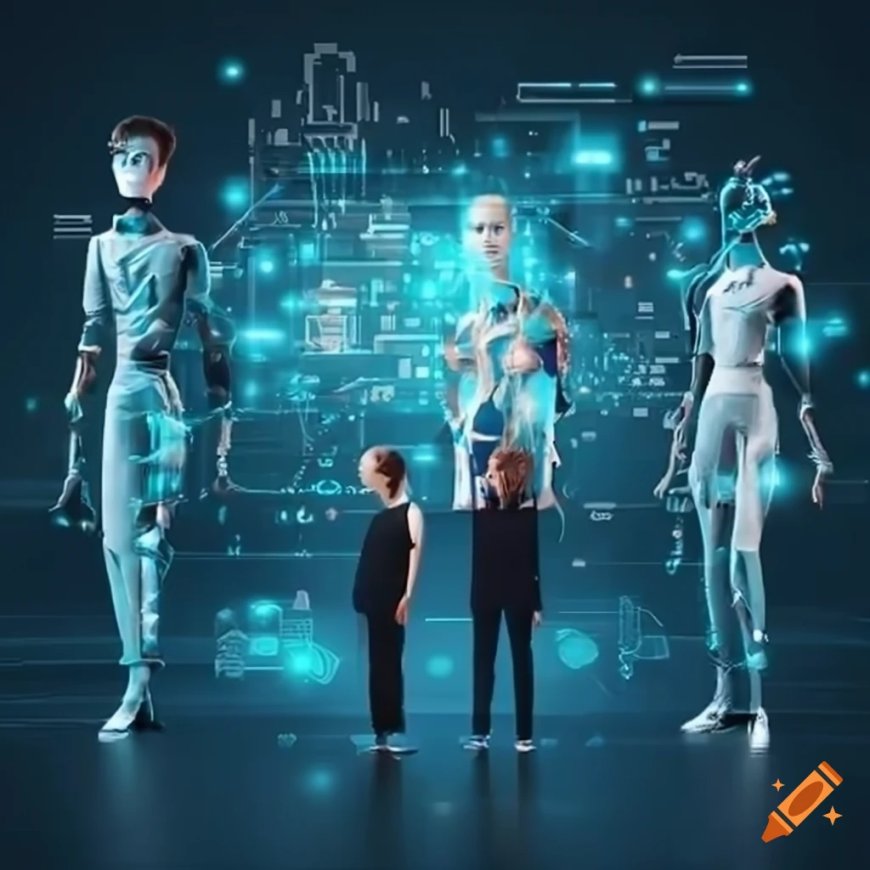Unleashing the Power of Artificial Intelligence: Revolutionizing Industries and Reshaping the Future
Explore its applications, impact, and future prospects in this comprehensive guide.

Introduction
Artificial Intelligence (AI) continues with its effects more and more and more being regarded as the revolution force that's changing industries for better and affecting the way we work and live. Starting with a holistic understanding of artificial intelligence through investigation of its diverse applications and discussion of the implications of its usage, this guide gets to the bottom of the important aspects of this technology and its future possibilities. From simple truths to unveiling the obscure power, AI is a journey in which all possibilities will be uncovered.
Understanding Artificial Intelligence
Exploring the Fundamentals
Knowing the fact that Artificial Intelligence is an acronym for the imitation of human intellectual processes in machines is another thing our target audience should be familiar with. It involves a broad spectrum of techniques aimed at allowing computers to execute tasks traditionally done by human intelligence, for example, deduction, recognition, decision making, and problem-solving. The AI attempts such mimicking of cognitive abilities of the machinery, that the perception, comprehension and subsequently the acts upon the information by the devices become possible.

Types of Artificial Intelligence
AI can be categorized into two main types: The two different types of AI will be discussed: Narrow AI, and General AI. Narrow AI or Weak AI is a type of computer intelligence that is built to carry out certain tasks or processes within a circumscribed domain of competence. For instance, a virtual assistant, recommendation engine, and image recognition algorithm. While regard general AI, generally known as strong AI, as equivalent to human intelligence and ability to do any intellectual job a human performs. Although Narrow AI is now doing a great job, the ambitious dream of achieving general AI is still considered to be a long term mission that researchers are working for.
The Impact of Artificial Intelligence
Transforming Industries
AI penetrated all kinds of industries, which contributed to the creation of breakthroughs, slashing times, and profits. In the healthcare sphere, interface based diagnostic tools driven by AI technology change the routine of disease detection and allow to more effectively navigate the treatment plans. Consequently, the diagnosis becomes more precise and treatments are tailored to the individual. In finance, AI algorithms have become a new wave of transformation that has revolutionized investment decisions, risk management, and fraud detection which means that decision makers can now be able to assess and evaluate massive data sets with unprecedented safeness and accuracy.
Enhancing Productivity
One of the most prominent features of AI is its capability to do automated routine work and to create the more detailed working courses that then allow humans to concentrate on higher-level strategic and innovative activities. Artificial intelligence (AI) is behind automation which is improving manufacturing, logistics, customer services, among many others, certainly. The sectors are boosting their productivity and gaining operational excellence as a result of AI.
Future Trends and Innovations

Advancements in Deep Learning
Deep Learning, one of the main branches of AI, which imitates the network of the human brain by means of artificial neural networks (the AI's new wonder tool), is seen as a game changer for the AI industry as a whole. AI has achieved the extraordinary with the invention of algorithms, hardware, and data availability. Deep learning has been evolved to imitate natural language processing, vision and machine driving capability. This inspires enormous potential of AI performance known as never before.
What Ethics and Societal Regulations in the Same Situation?
AI is getting everywhere nowadays, starting from industries and ending in areas of human lives such as job replacement, independence from other people, and other ethical issues that AI raises. Fixing these anxieties is a complex task of involving high-level authorities, technologists, ethicists, and the civil society toward the purpose of the AI technology being fair, ethical, and equitably respectfully.
FAQs (Frequently Asked Questions)
What is all about the internal structure of Artificial Intelligence?
Artificial Intelligence performs processing through a volume of data searching for patterns, making a prediction or making a decision.
How does AI serve as a tool for us in the modern world?
In the range of its application, we have artificial intelligence used in a few fields, including healthcare, finance, education, transportation, cybersecurity, and entertainment.
Would AI jobless up the futures?
While AI takes over some jobs by automating some tasks, nonetheless, it creates new positions, increases human productivity, and stimulates creativity.
What business applications of Artificial Intelligence entail is an increasingly pressing question.
Firms can leverage AI technology to enhance the quality of customer experience, streamline internal processes, push innovation forward and sustain their strong competitiveness.
What are the daunting aspects of using Artificial Intelligence?
Among the complications stand out issues of privacy with regard to data, moral dilemmas, technological constraints, restrictions on regulations, and the still nascent form of social acceptance.
Nowadays, the world has to answer the questions about the future of Artificial Intelligence.
AI development prospects are full of inspiring innovations, even with technology improvements, research goes deeper and new applications appear, transforming industries and improving people’s perception of life.

Conclusion
Artificial Intelligence (AI) acquires this status as being critical to how we perceive and relate with technology. mix of AI to improve human capabilities, this revolutionary tool enables humanity to create a new world and raises the frontiers of innovation. With the advent of an AI - powered future, it is important to recognize that the application of AI is not devoid of both challenges and opportunities. The principle of responsible AI development therefore must be embraced and equal benefit sharing ensured .
What's Your Reaction?























































